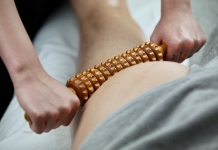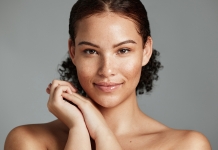Expert opinion: Skin, Hair & How Ageing Effects Them
Lucy Desai discusses how the ageing process effects our skin and hair, with recommendations to reduce these effects by taking care of ourselves.
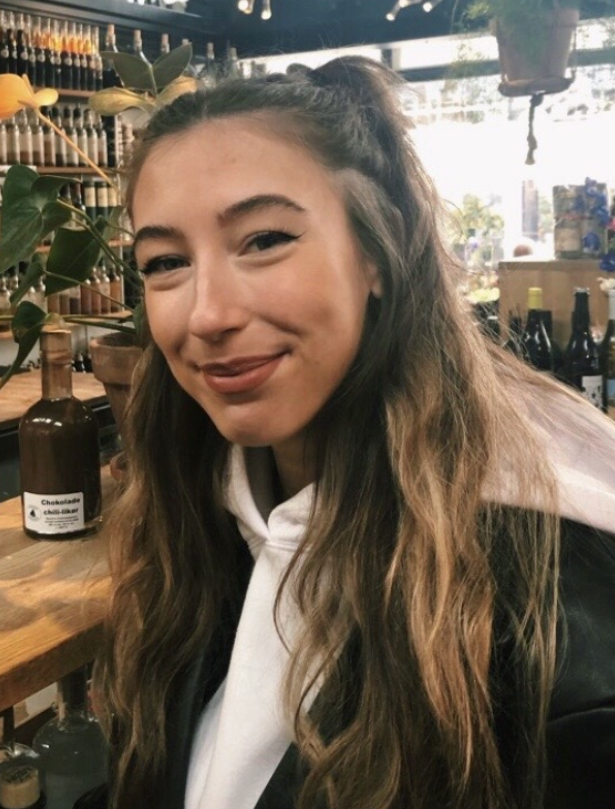 In the 1900s, life expectancy for the UK was 47 for men and 50 for women. Nowadays, this expectancy has increased to approximately 79.3 years for males and 82.9 for females. With many of us living longer than the generations before us, the effects of ageing can begin to show more dramatically.
In the 1900s, life expectancy for the UK was 47 for men and 50 for women. Nowadays, this expectancy has increased to approximately 79.3 years for males and 82.9 for females. With many of us living longer than the generations before us, the effects of ageing can begin to show more dramatically.
As we age, our appearance is the main sign to reflect this. Setting the expectation to look the same as we did twenty years ago is unlikely to be achieved. The process of ageing can be a confusing time, with many of us concerned if we have developed too many wrinkles for the age we are at, or if our hair has greyed to soon.
As we age, the cells in our body die in order to make room for new ones. When we get older however, old cells die because they can only divide a limited number of times or die from harm for example sunlight, radiation, and free radicals.
Put simply,
free radicals are unstable molecules that can be damaging to our cells. These atoms essentially have missing electrons which causes them to search for other atoms that have these electrons to bind with to become stable. Because of their reactive nature, they can damage our skin by causing oxidative stress, weakening living cells and tissues, causing us to age quicker.
With this said, we discuss how the ageing process effects our skin and hair, with recommendations to reduce these effects by taking care of ourselves.
Hair and the process of ageing
Naturally, as we age our hair turns grey. Unfortunately, this is genetic and not something we can completely avoid. But have you ever considered other ways hair ages? Like skin, hair faces numerous changes as we get older, including thinning, growing slower, and becoming dry. Every strand is comprised of the strengthening keratin protein, and when we age, levels decrease which makes our hair weaker and less elastic. Just like our faces, our scalps are affected by time, with cell renewal slowing down and hormone changes.
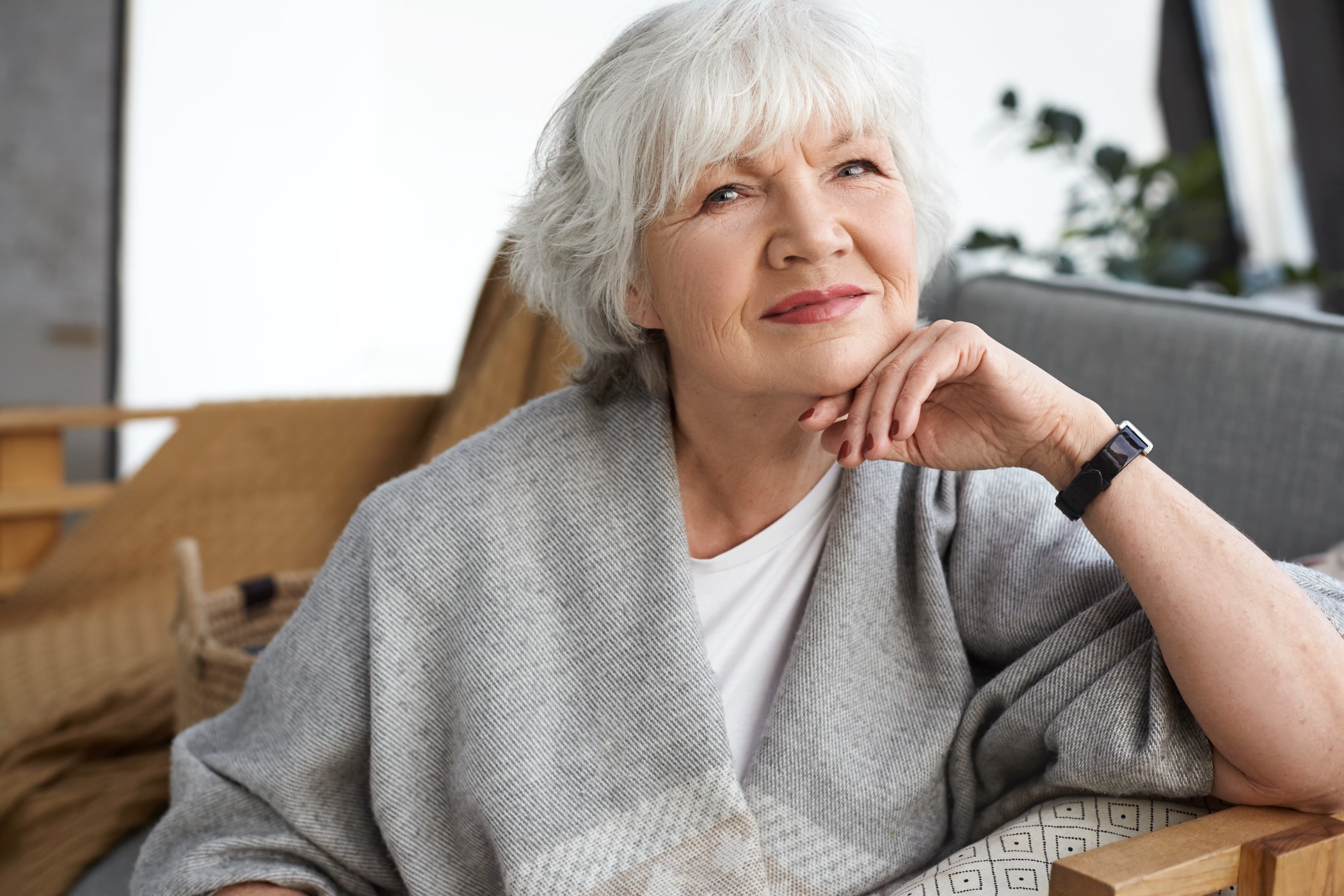
Other key accelerators of ageing hair are the likes of pollution and skin damage that in short, dry out the scalp, leaving for dry and dull hair. It's recommended that to slow down signs of ageing hair, use hair and nail vitamins to help protect hair from free radical oxidative stress, sun damage, and pollution. With our bodies not getting the nutrients we need when we're older,
taking vitamins with a clean diet helps keeps our strands strong. Try to minimise using heat on your hair, wear a hat on hot days to protect your hair and scalp, as well as staying hydrated at all times. When buying shampoo, check for zinc pyrithione shampoos, which is hydrating and soothing for the scalp.
Skin and the process of ageing
When it comes to ageing, your skin is the ultimate reflection of this. After all, our skin has faced gravity, daily facial movement, sleep, stress, diet, alcohol, and sunlight exposure for our whole lives. And if you smoke, your skin will have significantly more wrinkles than your non-smoking counterparts of the same age. Hormone changes occur too, in particular, estrogen during menopause.
Estrogen reduction causes a loss of collagen, elastin, and hyaluronic acid production, which are the three pillars of youthful skin, with reduction beginning in our 30s which reduces dramatically in our 40s and 50s.
The older we get, our skin becomes:
- Rougher due to being unable to retain water
- Slacker due to the loss of elastin
- Thinner, which makes it more transparent
- Bruises easier from thinner blood vessel walls
- Uneven, exhibiting melasma and hyperpigmentation
- Dry and flaky
How to age our skin gracefully
With this said, many ask, what can we do prevent the effects of ageing? It sounds like pretty much everything we do has a negative effect on our ageing skin — but this doesn't mean you should remain indoors for the rest of your life and only drink water if you want to remain youthful, you should still enjoy yourself but take precautions.
Although we enjoy the summer days in the sun, this is the biggest culprit of ageing skin. Over time, everyday gradual exposure to the sun's ultraviolet (UV) light damages the elastin in our skin, causing it to eventually sag and stretch. Sun damage doesn't show until we're older, and there's nothing to do to reverse it.
The most important factor to remember is to apply sun cream to your neck, face, and hands when you're outside in the sun. And not just in summer, but in winter too and on cloudy days. The winter sun and clouds can still allow damage to be caused without you noticing, that will be revealed when you're older. Ignore the SPF in your foundation —
it isn't as effective as a facial sun cream with SPF 30 or 50.
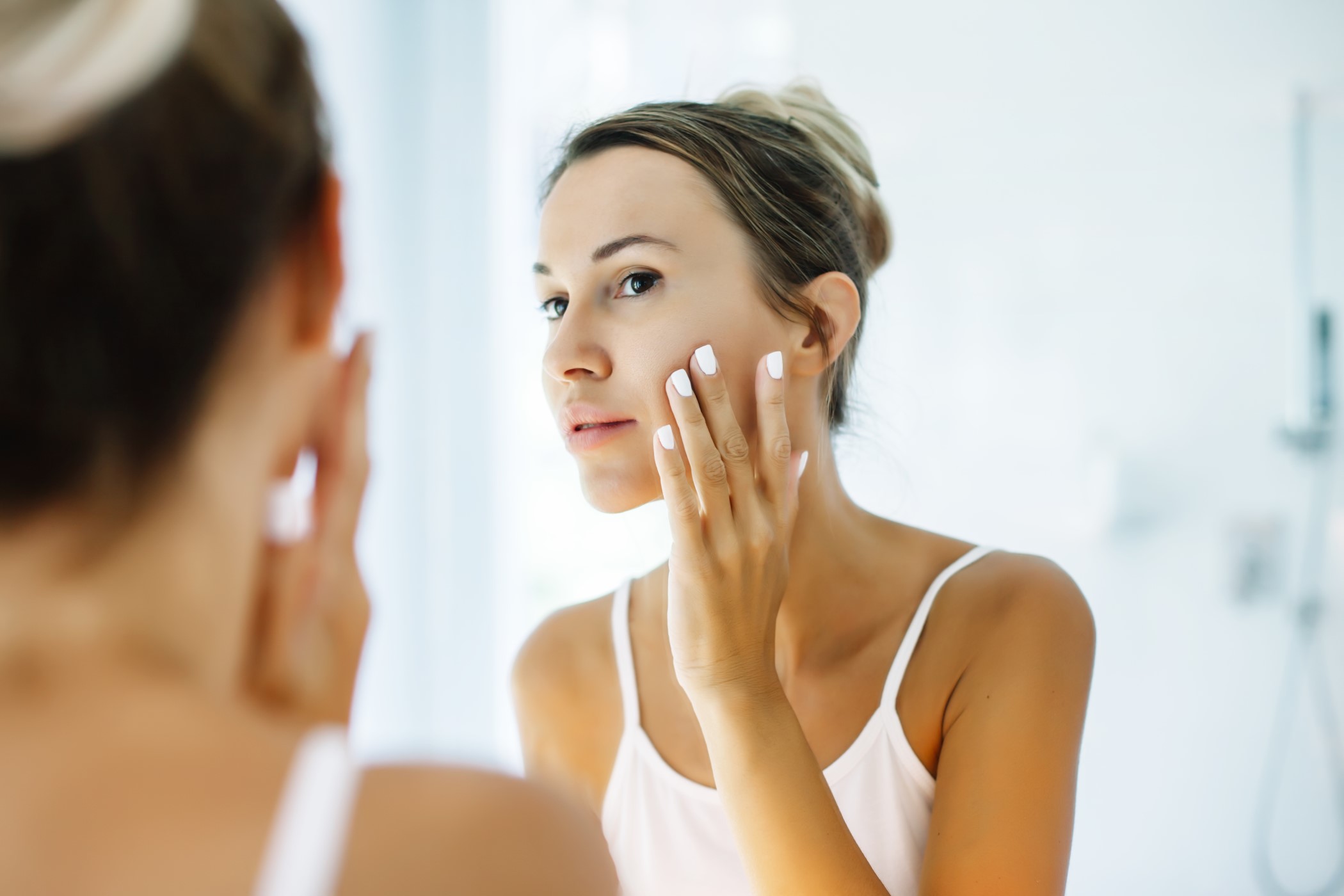
Purchasing a retinol product is something that a lot of dermatologists recommend. If you decide to apply retinol, you must wear sun cream as the nature of this product makes your skin more sensitive to sunlight. Always read the instructions to make sure you're using it to its full potential.
Other ways to reduce the effects of ageing on skin include:
- Cutting out smoking to reduce premature aging
- Reduce alcohol intake due to its dehydrating effects
- Regular moisturisation after bathing
- Drink plenty of water — around two litres a day
- Eat a healthy, balanced diet
Despite the process of ageing being inevitable, by taking care of ourselves and reducing exposure to the things that can damage our hair and skin we can prevent ageing taking its toll on our appearance. Don't underestimate the impact that water, good food, and exercise can have on your body and appearance!
Sources
Shao, Y., He, T., Fisher, G.J., Voorhees, J.J. and Quan, T., 2017. Molecular basis of retinol anti‐ageing properties in naturally aged human skin in vivo. International journal of cosmetic science, 39(1), pp.56-65.



